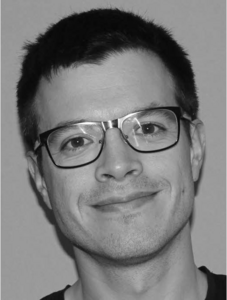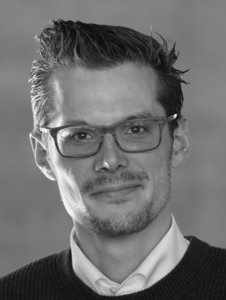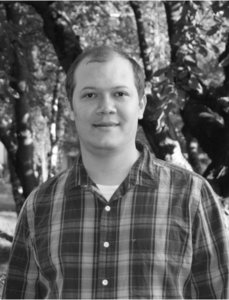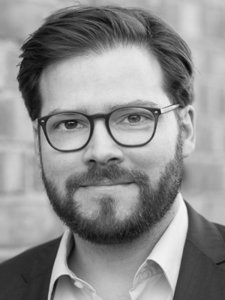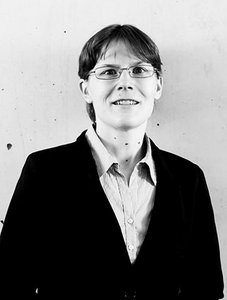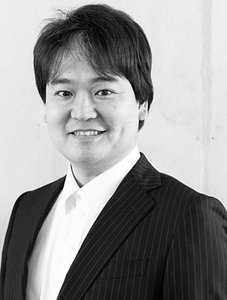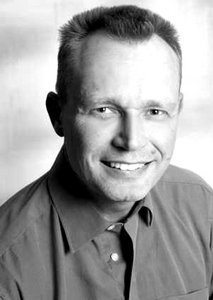
Highlights
Institute's News
Open letter to the residents of Dresden
Read more
Institute's News
New Research Group: Computational Quantum Many-Body Physics
Welcome David Luitz! David heads the new research group
"Computational Quantum Many-Body Physics" which will study strongly
interacting quantum matter and in particular phenomena that arise due to
the presence of many particles. Using computational
many-body techniques such as exact diagonalization and tensor network
methods, both equilibrium and nonequilibrium properties of strongly
interacting quantum systems will be investigated, in particular in the
context of periodic driving, dissipation and strong disorder.
Read moreInstitute's News
New Research Group: Mesoscopic Physics of Life
We are glad to announce the arrival of Dr. Christoph A. Weber, who heads the research group ‘Mesoscopic Physics of Life' since March 1, 2018. The group is interested in intra-cellular organisation and aims in particular to understand the role of phase transitions inside cells, including the impact of phase separation and protein aggregation during development and in the context of disease. Further interests are to unravel physical principles underlying the early formation of proto-cells at the origin of life.
Read moreInstitute's News
New Research Group: Fractionalization and Topology in Quantum Matter
We welcome Inti Sodemann as new research group leader! The group will investigate a broad range of topics in quantum matter involving strong interactions, fractionalization, topology, and novel phenomena on spin and charge transport. The problems will be often inspired by experiments. One of the main goals is to develop new approaches to deal with strong interactions and fractionalization in gapless phases of matter.
Read moreInstitute's News
New research group 'Strongly Correlated Light-Matter Systems'
We are glad to announce the arrival of Dr. Francesco Piazza, who heads the research group 'Strongly Correlated Light-Matter Systems'. The group will investigate the many-body properties of peculiar quantum “plasmas” of photons and atoms.
Read moreInstitute's News
New research group 'Statistical Physics of Living Systems'
We are glad to announce the arrival of Dr. Steffen Rulands, who heads the research group 'Statistical Physics of Living Systems' since 1 January 2017. The group will investigate mechanisms of collective cellular decision making in tissue development, maintenance and disease.
Read moreInstitute's News
New research group 'Quantum Many-Body Systems'
We are glad to announce the arrival of Dr. Anne Ersbak Bang Nielsen, who heads the Max Planck Research Group 'Quantum many-body systems' since 1 March 2016.
Read moreInstitute's News
New research group 'Nonequilibrium Quantum Matter'
We welcome Prof. Takashi Oka who joined the institute from University of Tokyo to head the research group 'Nonequilibrium Quantum Matter'. The joint group between the our institute and the neighbouring MPI for Chemical Physics of Solids (MPI- CPfS) was established in order to provide an organisational framework combining the respective expertise of the institutes, in particular enabling a young scientist to benefit from both access to experimental work at MPI-CPfS and the theory environment at MPIPKS.
Read moreInstitute's News
Max Planck Fellow Prof. Roland Ketzmerick extended until 2020
The Max Planck Fellow Programme promotes cooperation between outstanding university professors and Max Planck Society
researchers. The appointment of university professors as Max Planck Fellows is limited to a five-year period with the possibility of a five-year extension and entails the supervision of a small working group at a Max Planck institute.
We are very happy to announce that the Max Planck Fellow Group of Prof. Roland Ketzmerick (TU Dresden) has been extended by the Max Planck Society until 2020.
Read moreInstitute's News
Max Planck Research Magazin features Jens Bardarson
What do soccer and quantum mechanics have in common? Both have surprising twists in store that are difficult to predict. Soccer, however, at least follows some rules that are more or less reliable. As a striker, Jens Hjörleifur Bárdarson controls the ball; as a physicist, he masters the rules of the quantum universe. The 35-year-old researcher at the Max Planck Institute for the Physics of Complex Systems in Dresden studies atomic particles, which display many a tricky move.
Read more
